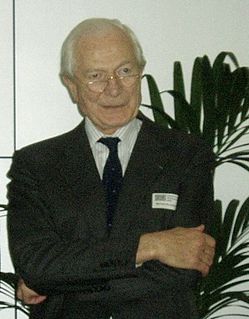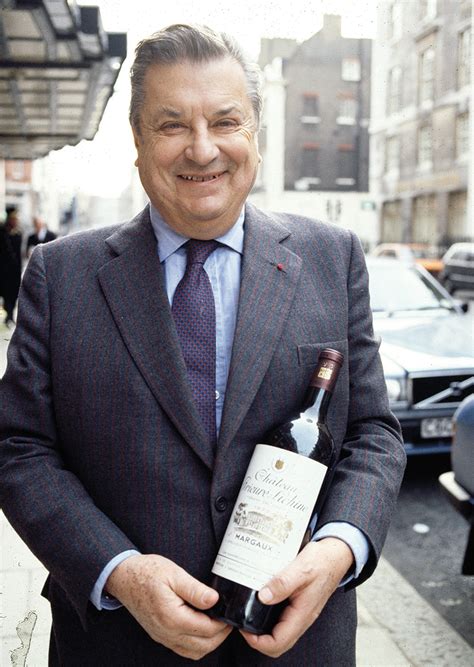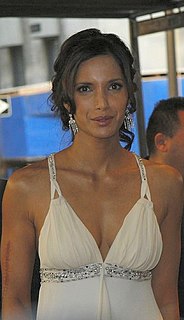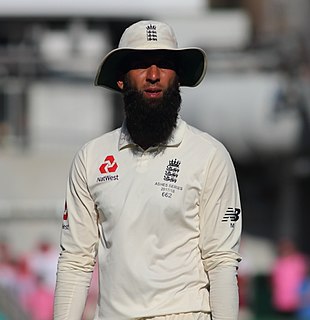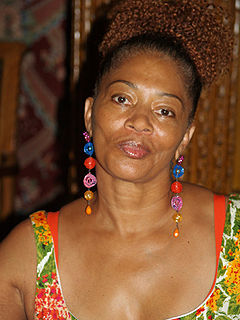A Quote by Julia Child
Just like becoming an expert in wine–you learn by drinking it, the best you can afford–you learn about great food by finding the best there is, whether simply or luxurious. The you savor it, analyze it, and discuss it with your companions, and you compare it with other experiences.
Related Quotes
You do not need to be an expert, or even particularly interested in wine, in order to enjoy drinking it. But tasting is not the same as drinking. Drinking pleases, mellows, loosens the tongue and inhibitions; drinking wine with food is healthy and natural; drinking good wine with good food in good company is one of life's most civilized pleasures.
The first thing you learn is sacrifice and how to keep moving forward in life, helping your parents to put food on the table. You learn to fight with your work. Then you start to learn values. That's why, every time I pull on the Argentina shirt or any other, I think about the things that happened to me when I was a kid.

